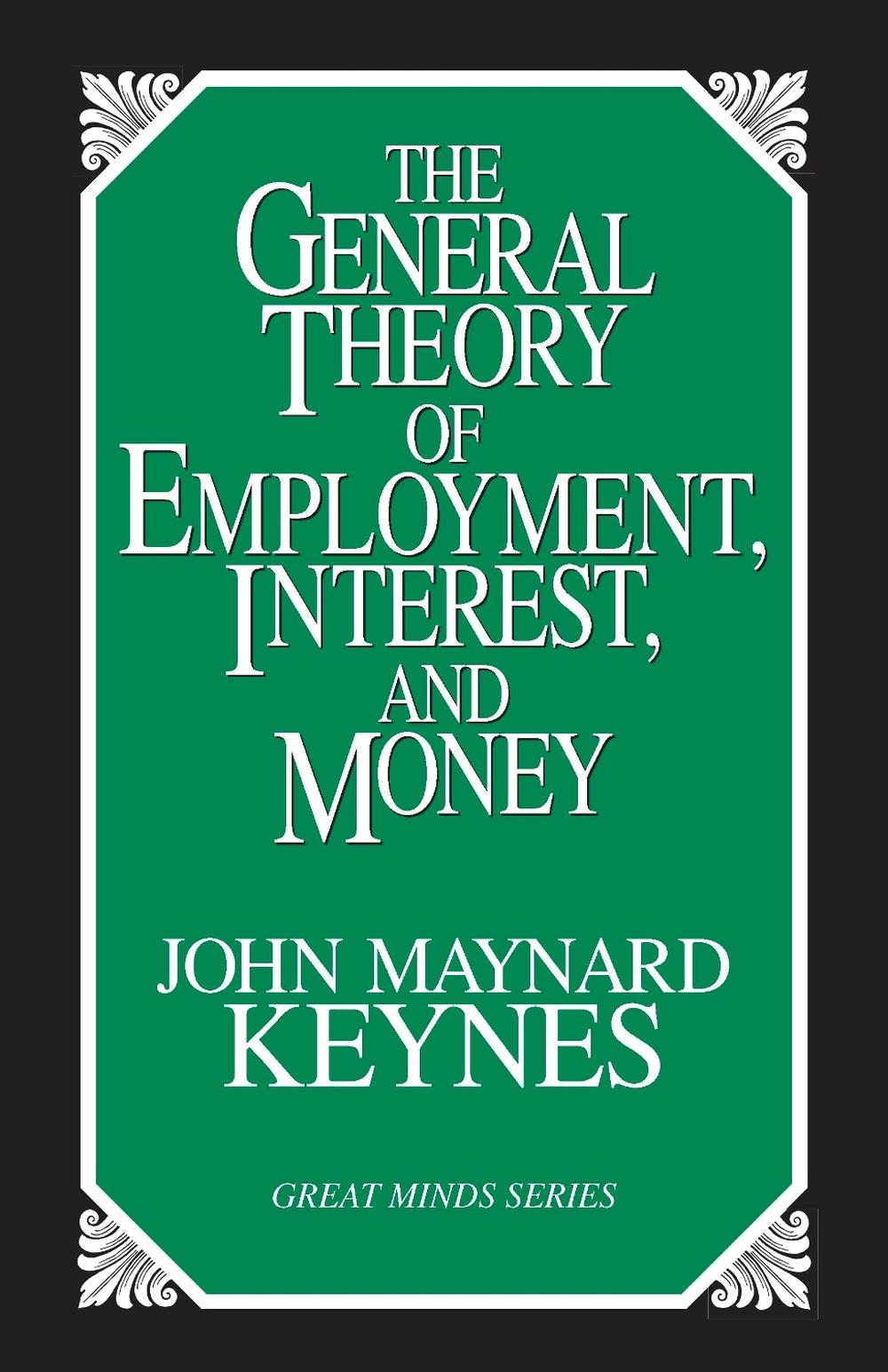
The General Theory of Employment, Interest, and Money
$37.56
- Paperback
403 pages
- Release Date
30 April 1997
Summary
The General Theory of Employment, Interest, and Money: An Accessible Overview
This book offers a concise and accessible overview of John Maynard Keynes’ groundbreaking work, “The General Theory of Employment, Interest and Money.” Explore the core concepts of Keynesian economics, including the role of aggregate demand, the multiplier effect, and the impact of government intervention on economic stability. This summary provides a clear understanding of Keynes’ revolutionary ideas that…
Book Details
| ISBN-13: | 9781573921398 |
|---|---|
| ISBN-10: | 1573921394 |
| Series: | Great Minds Series |
| Author: | John Maynard Keynes |
| Publisher: | Prometheus Books |
| Imprint: | Prometheus Books UK |
| Format: | Paperback |
| Number of Pages: | 403 |
| Release Date: | 30 April 1997 |
| Weight: | 499g |
| Dimensions: | 26mm x 141mm x 216mm |
You Can Find This Book In
About The Author
John Maynard Keynes
John Maynard Keynes (1883-1946) was one of the greatest economic theorists of the twentieth century. He was chairman of the liberal journal of opinion The Nation and economics advisor for more than thirty years to British governments. He wr
Returns
This item is eligible for free returns within 30 days of delivery. See our returns policy for further details.




